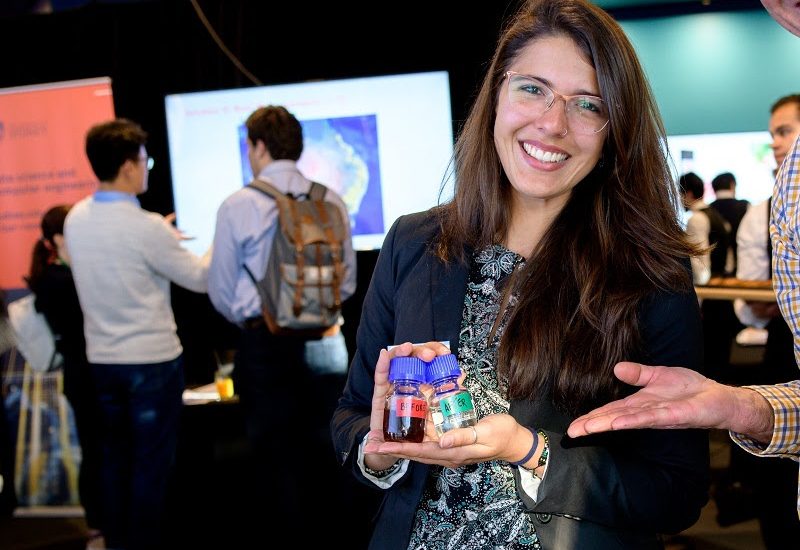Engineers in Australia use powerful electrochemical process to destroy contaminated water
- July 9, 2020
- Posted by: Lyn Wilson
- Category: Engineering, Environmental, Technology & Innovation, Water Treatment, Australasia

A team of engineers at the University of Sydney have used electricity to clean up heavily polluted industrial wastewater making them one step closer to eradicating the seriously contaminated wastewater streams.
Researchers from the School of Chemical and Biomolecular Engineering developed an electrochemical oxidation process that eliminated stubborn organic aqueous pollutants with the aim of cleaning up complex wastewater that contained a toxic cocktail of chemical pollutants.
Julia Ciarlini Jungers Soares who is completing a PhD in Chemical and Biomolecular Engineering at the University said that their study had involved industrial wastewater which contained carbon, nitrogen and phosphorus generated in a pilot plant, designed by the team for the production of biofuels using naturally abundant microalgae.
Jungers Soares also said:
“The process is relatively simple, does not require the addition of chemicals or severe operation conditions, and does not produce additional waste streams.”
She added: “The electrochemical method that we used can be readily applied to industries that must comply with strict regulations for wastewater disposal, such as pulp and paper processing, wineries, as well as pharmaceutical production facilities.”
Jungers Soares said that throughout the world, researchers were investigating methods for the development of biofuels from algae and that developing alternatives for the treatment and reuse of that industrial effluent was a hot research topic.
The engineers hope that the results of their research will help wineries, pharmaceutical manufacturers and other industries that must comply with strict wastewater regulations.
The team of engineers is planning to do more research aimed at specific contaminants to better understand the chemical transformations that take place during electrochemical oxidation and will upscale the process.
